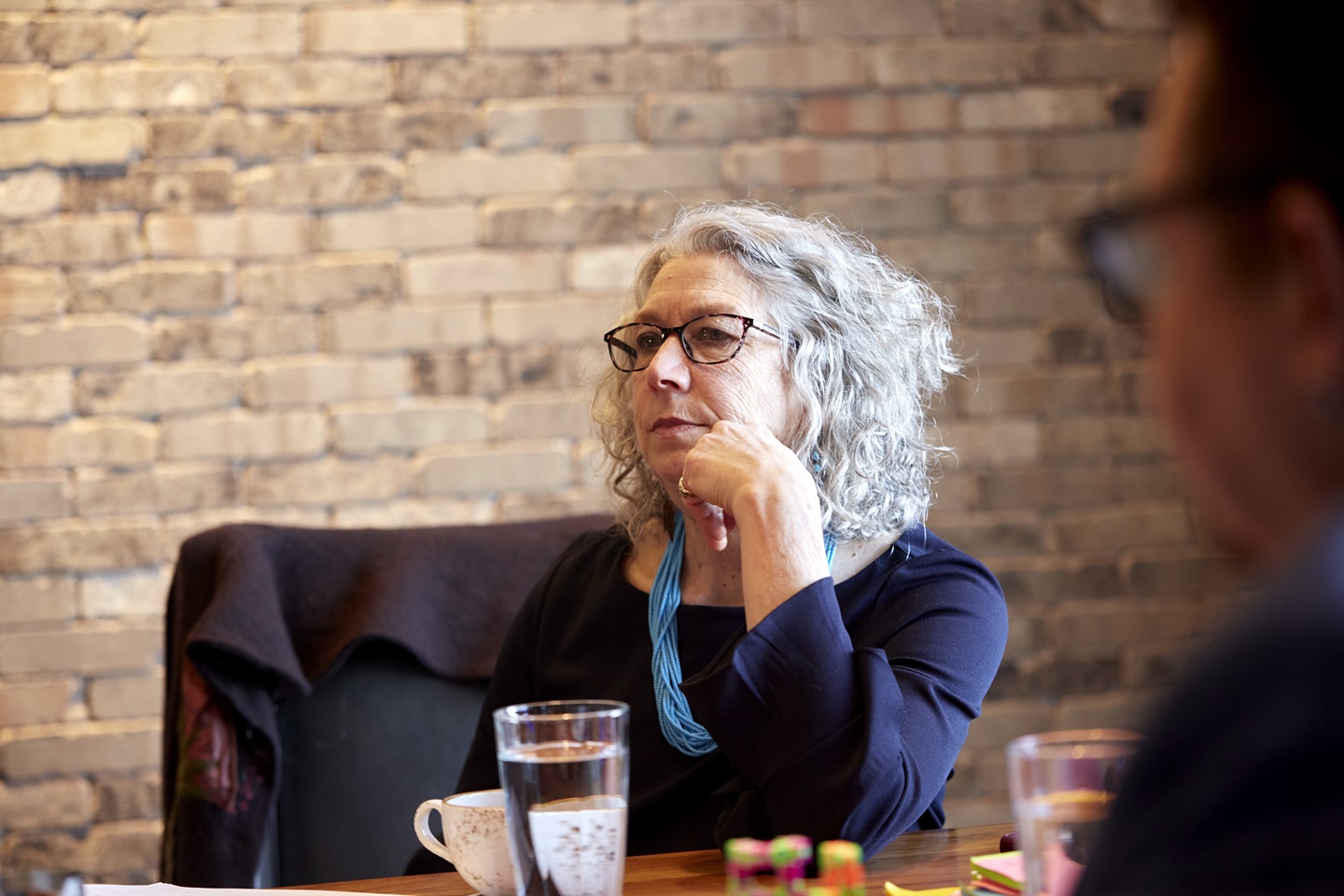Dealing with Critical Conversations: Walking the Talk
- Karla Donisch

- Oct 1, 2025
- 3 min read

It’s happening again. My palms are sweaty, I want to clench my fists, my face is red.
I’m in the middle of a conversation I would rather run away from.
Ever feel this way when faced with a difficult conversation?
Here are some thoughts after attending Mediation Center MN’s workshop on Approaching Difficult Conversations. I am familiar with having difficult conversations. I know that when I finish the conversation, the relationship can change. Having a hard conversation usually deepens a relationship by helping me and those involved set boundaries and guidelines for future interactions. Sometimes the conversation doesn’t deepen the relationship, yet I have found it still helps everyone involved to understand perspectives and the root of the disagreement. I do believe hard conversations are worth the risk, yet they are what can stop me from starting them. That was one of the reasons I wanted to attend the workshop.
What makes it hard to have a conversation when there are conflicting actions or perspectives?
One might assume bad intent when challenged – we experience a reaction to feeling threatened. That is simply how our brains work. For example: I tend to think people are angry if they raise their voice – and immediately interpret the volume to mean they are mad at me.
One may not want to let someone down or get the sense that they feel bad because of me. This can lead to feeling unworthy and doesn’t help when trying to start a difficult conversation.
Some people can acknowledge that they have made a mistake, but want the other person to own up to their part as well. This is where you might be thinking: because I took the chance to be vulnerable, they should too, even though you are the one bringing up the issue on your own terms.
Some people show embarrassment easily – they get flushed and flustered. A visible physical reaction can make you feel more vulnerable than you want to appear. The emotion shows before you are ready to talk. For example: I didn’t realize the frown on my face during difficult conversations was coming across as intimidating to others.
Some people automatically react before deciding if they want to have a conversation. This can lead to a reactionary response instead of a constructive conversation. It is difficult when one person reacts from a feeling or sensing place while the other person reacts with concrete facts.
Identifying some of my reactions during the workshop helped me realize what keeps me from feeling comfortable while facing difficult conversations. Here are some suggestions I found to be helpful.
Look at the conversation as an opportunity to be more authentic with people.
Stay calm; anxiety often gets the best of us. There are breathing techniques to help calm down before, during and after a conversation.
Be transparent about emotions. For example: “I am nervous/scared/worried about bringing this up or having this conversation.” This helps with being vulnerable and open to conversation.
Take the time to listen. Take in what the person is saying and really consider what they are saying.
Share facts and listen to what the other person is saying about the situation.
Do not say: “That wasn’t my intent.” That doesn’t make up for the impact of what was said or done.
Use the approach, “When I” vs. “You don’t”. For example: “When I don’t get a response to my emails, I…..”
So, now what?
There’s a lot to learn from being vulnerable. Committing to getting to that place can often be more challenging. To help me get there, I remind myself that I will never be perfect when dealing with difficult conversations. However, I can grow my confidence by seeing difficult conversations as an opportunity rather than a burden.
I am grateful to Tobin Lay and Martin Stillman from the Mediation Center for the reminder of the importance of these conversations in my life. This workshop was what I needed for walking the talk and practicing healthy habits.
Want to learn more, check out this offering through the Mediation Center: Resolving Conflict with Confidence: Understanding the Facilitative Mediation Approach




Comments